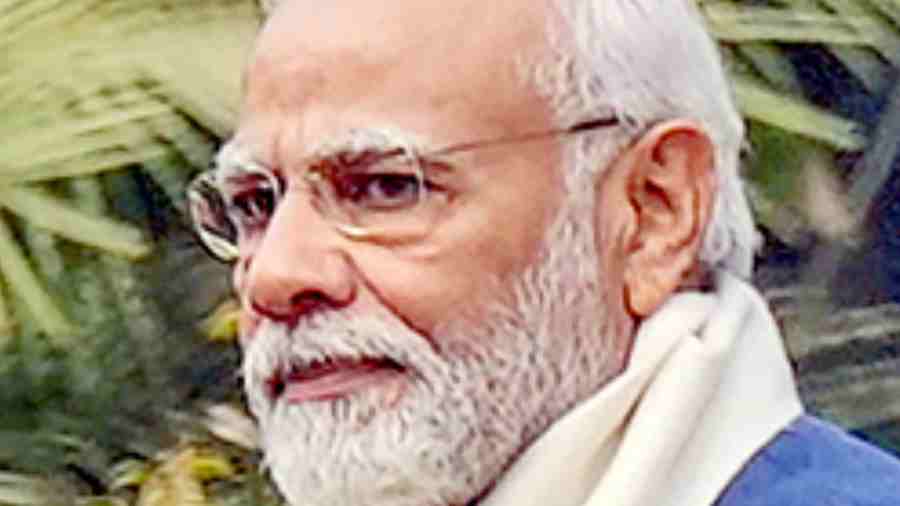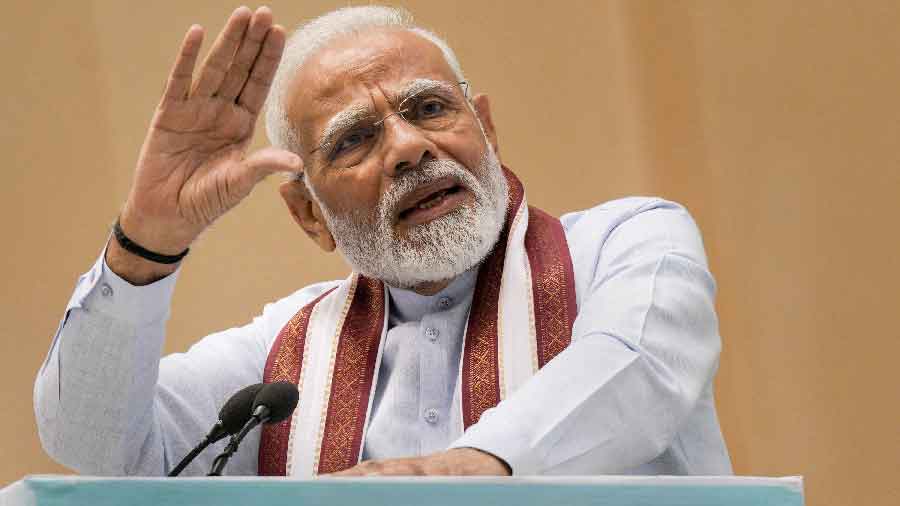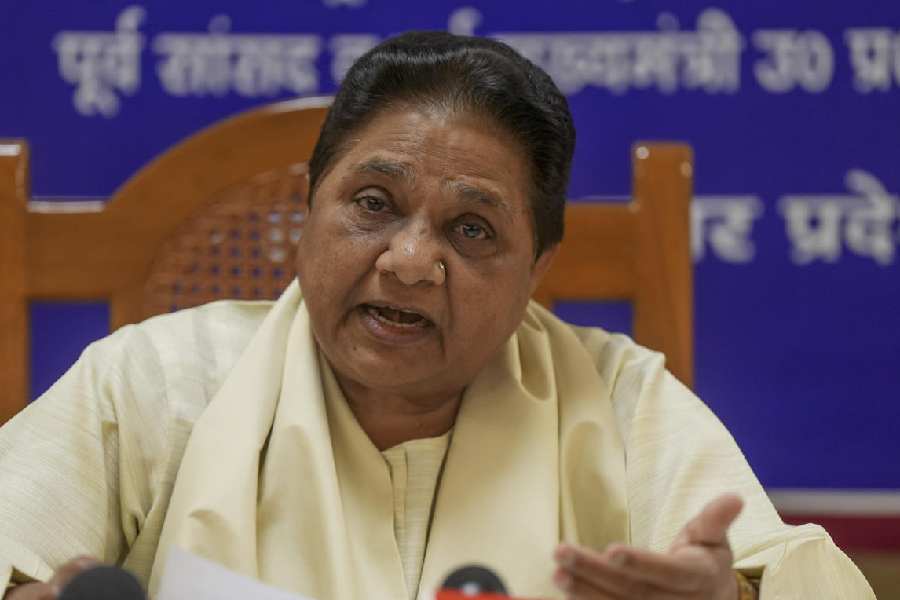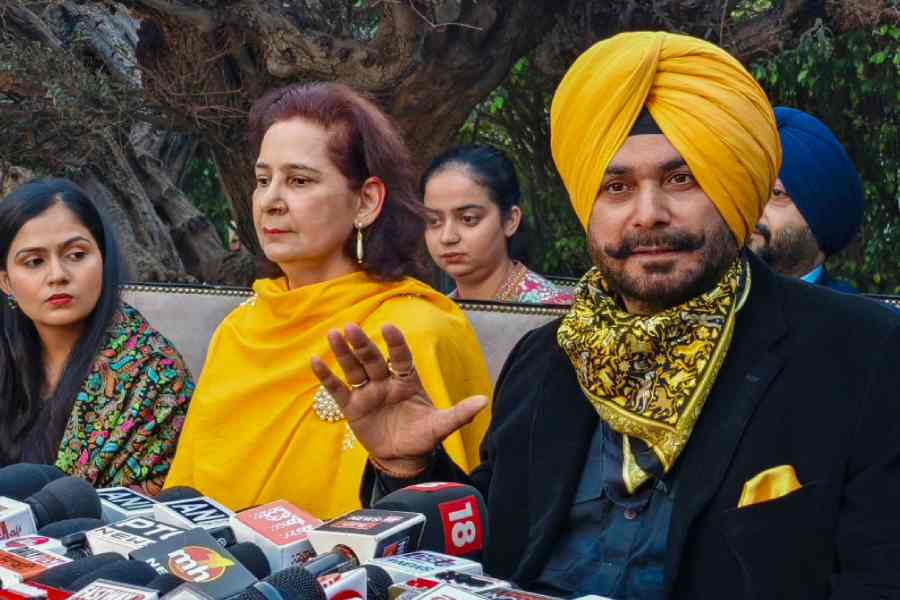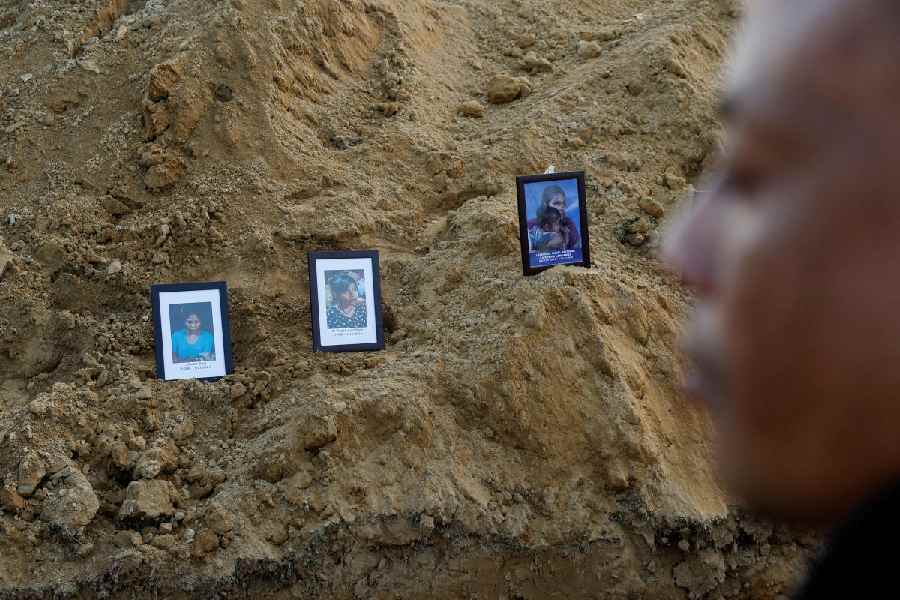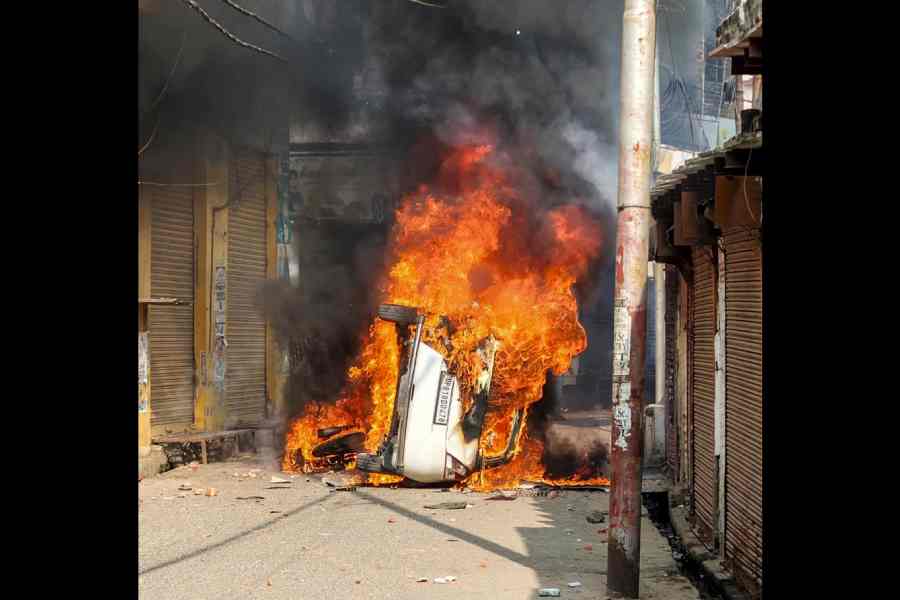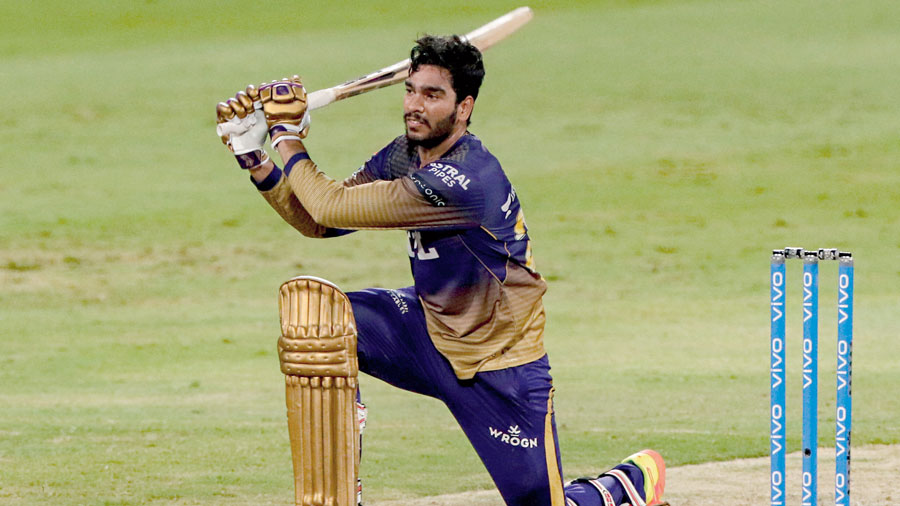The Congress on Thursday asked Prime Minister Narendra Modi whether he had told top military commanders in 2015 that China wasn’t a threat to India at all, overruling their perception that it was.
“Is it true that when the senior officers of all three armed services assembled at the Combined Commanders’ Conference on INS Vikramaditya in 2015 told you that they all considered China to be India’s prime military threat, you replied: ‘I believe that China is not a military threat at all to India’?” Congress communications chief Jairam Ramesh said in a statement.
“Does this not reflect a level of delusion and overconfidence against all the available evidence?”
This latest query by the Congress — which has over the past few days asked several China-related questions that the Centre has ignored — seeks to flag the Prime Minister’s purported misjudgment about China’s policies.
Modi has publicly described Chinese President Xi Jinping as a special friend and asserted that their relationship fell in the “plus one” category.
Modi has met Xi 18 times — making his heavy investment in the relationship obvious — without nurturing any of the doubts that past experience and an understanding of foreign affairs could have generated.
Ramesh’s statement flagged this unusual enthusiasm for China on Modi’s part.
“Some time ago you coined a new slogan, ‘Inch towards Miles’, in which INCH stood for ‘India-China’ and MILES for ‘Millennium of Exceptional Energy’. Then, we saw the Chinese exert exceptional energy to take over thousands of square miles of our territory in Ladakh and Arunachal Pradesh. Would you agree that your naiveté and bad judgment cost the nation dearly?” Ramesh said.
Modi’s “Inch towards Miles” theory had generated much media excitement.“Every inch we cover can rewrite the history of humanity and every mile we cross will go a long way in making this planet a better place,” Modi had said.
He had expressed hope that India and China would together cover many miles, which would take not just these two nations but all of Asia and humankind towards progress and harmony.
The Prime Minister had asserted that India-China relations went beyond “plain arithmetic” and featured a “unique chemistry” that could make for a “defining moment”.
The Congress has been severely critical of Modi’s style of diplomacy in general, arguing that it lacked strategic thinking and, instead, consisted largely of meaningless events abroad involving non-resident Indians, organised to showcase his popularity. Modi has continued to bask in such public spectacles in foreign countries — from Japan and the US to Australia and Germany— despite criticism.
Ramesh said in his statement: “For the sake of your domestic image, you have thrown your effort into personalised diplomacy and(in) projecting strong relationships with major world leaders. With your ‘friend’ President Xi Jinping you sat in as wing (jhula) in Ahmedabad, shared cups of tea in Wuhan and shook hands in Bali.
“As recently as October 2019 you met Xi again and declared that ‘Chennai vision is the start of a new era in India-China relations’, adding that ‘strategic communications between both the sides have increased’.”
Ramesh added: “Six months later the Chinese were communicating their strategic intent, from Depsang to Demchok, while you remained in complete denial. Has your personalised diplomacy not been proven to be utterly hollow? Has your obsession with image-building come at the expense of the national interest?”
Ramesh argued that the Chinese incursions of May 2020 were a strategic surprise that caught India unprepared.
“The last time we faced a comparable military surprise was in Kargil in 1999. Why do BJP governments that cloak themselves with ‘nationalism’ so often fall victim to such surprises? Could it be that they are more interested in politicking and attacking the Opposition than ensuring the safety of the country? When will we have an accounting of the China surprise as we did following the Kargil war?” he said.
“Many have pointed out how afraid you are to take the name of our chief adversary China. Former US ambassador Kenneth Juster, who was US ambassador to India during the critical2017-21 years, said that, far from naming China, your government asked the US not to mention China’s border aggression in its statements. Would it not have been better to rally international opinion to our side? Why have you imperilled our national security for the sake of your vanity?”
Four days after the June15, 2020, clash in the Galwan Valley in eastern Ladakh killed 20 Indian soldiers, Modi had declared that no one had intruded into Indian territory, allowing China to deny any transgressions and claim ownership of all the territory it occupied.

